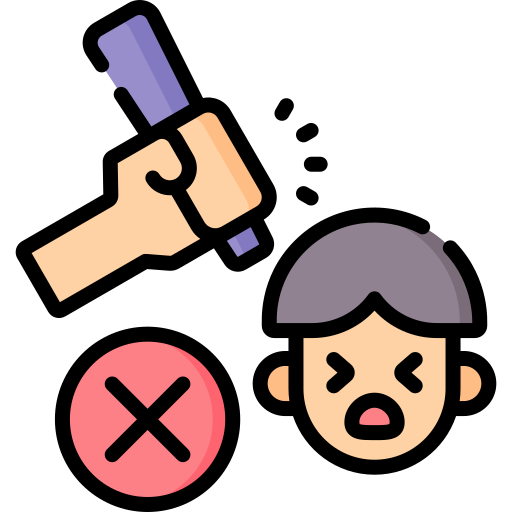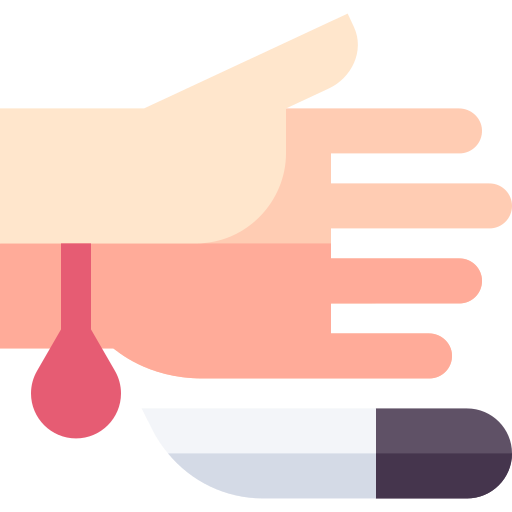
This Byte includes examples of negative recurring thoughts that might be disturbing for some readers.
"Argh...I wish these awful thoughts would just go away! I wish I could turn them off."
Are you having recurring negative thoughts that are difficult to get out of your mind?
Where do these thoughts come from? And what can you do to reduce or eliminate them?

Define what you're dealing with
Intrusive thoughts are sudden unpleasant thoughts that cause concern about your sanity, values, morality, and safety. They're distressing because you can't control the impulses or images that pop into your mind when you least expect them.
Examples include:

Alarming violent thoughts about harming others — for example, assaulting strangers or friends without actually intending to follow through

Distressing thoughts about harming yourself — for instance, cutting yourself or suicide

Negative self-talk or self-loathing —for example, "I'm an awful person, nobody likes me"

Delusional thoughts such as "my neighbor hired a private investigator to watch me"

Negative thoughts about relationships,such as images of your partner being unfaithful
Find out what could be causing these thoughts

Anxiety, stress, lack of sleep, chronic depression, and hormonal changes in the body can trigger intrusive thoughts. For example:
Post traumatic stress disorder (PTSD) causes flashbacks of traumatic experiences from the past. Some soldiers experience intrusive thoughts about their war experience.
Women withpostpartum depressionafter the birth of a child may also get these unwanted thoughts involving harm.
Someone with obsessive compulsive disorder (OCD) might experience recurring thoughts about infection from germs, self harm, or harming others.

Quiz
Maxine, a nurse at ABC Hospital, was infected with COVID-19 during the pandemic. Recurring intrusive thoughts about dying from virus infections started during her illness and they are getting worse. What should Maxine do?
Take steps to lessen or stop intrusive thoughts
If you're experiencing intrusive thoughts, here are some actions you can take to help yourself.
NOTE: These options should NOT replace advice or treatment from your healthcare professional.

See a cognitive behavioral therapist. These healthcare professionals can help you eliminate these negative thoughts.

Spend time with pets or consider a psychiatric support animal. They can help lessen and break the cycle of these disturbing thoughts.

Write down intrusive thoughts and reflect on what triggered them. This method can help you identify and avoid these triggers.

Use distractions such as exercise, spending time with friends, reading, etc., to shift your focus from these thoughts.

Mindfulness and meditation could help you "identify how these thoughts arise and fade." Explore healthy meditation techniques.

"Spending time outside can break the cycle of intrusive thoughts. Outdoor activities engage your senses, and take your mind off these thoughts."
Quiz
Trevor, a high school graduate, is having self-loathing thoughts because of bullying in high school. Will he cure these thoughts if he continues to spend time with the cat he got in 9th grade?
Take Action
Don't allow intrusive thoughts to control you. You have the power of knowledge — don't be afraid to use it! Begin your journey to better mental health and better quality of life.

Your feedback matters to us.
This Byte helped me better understand the topic.
